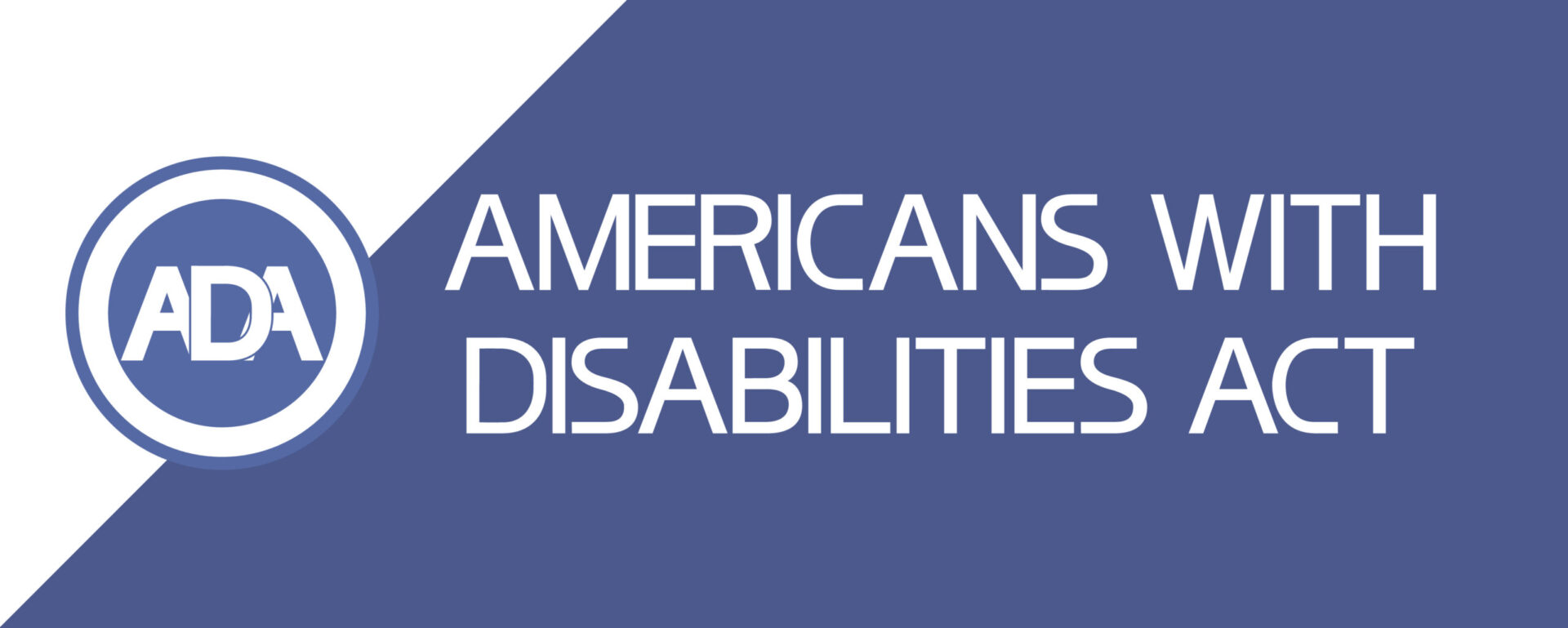
How the Americans with Disabilities Act affects disabled workers
-
Dec 08, 2020
-
Blog
-
Michael Burgis & Associates, P.C
Disabled workers in the United States are protected under the Americans with Disabilities Act (ADA) that became law in 1990. Its passage was designed to try to level the playing field for workers with disabilities.
Under the terms of the ADA, companies are required to make “reasonable accommodations” that allow workers with disabilities to obtain jobs and fulfill their employment requirements.
However, the imprecise language used in the ADA leaves wide latitude for interpretation of those “reasonable accommodations” employers are mandated to make for disabled applicants and employees. As such, the courts that have ruled on such matters in the United States also disagree on these interpretations.
Defining reasonable accommodations can be challenging
Because of the great disparity in employees’ disabilities, there can be no one-size-fits-all accommodation, as each must be determined on a case-by-case basis. For example, a visually challenged worker may need special lighting installed to allow them to be able to see the images on a computer, whereas a wheelchair-bound worker would need access to ramps and wider bathroom stalls.
Thus, the ADA prohibits companies from discriminating against employees on the basis of their disabilities. Employers are prohibited from:
- Limiting, segregating or classifying positions in ways that discriminate
- Utilizing discriminatory criteria, standards or administration methods
- Arranging or contracting with others to discriminate
- Denying or excluding qualified individuals from benefits or jobs on the basis of their disabilities
Employers must also provide disabled workers with “reasonable accommodations to the known physical or mental limitations of an otherwise qualified individual with a disability.”
There’s always an exception
But there is also a caveat — the employers are given a “hall pass” on making those accommodations if doing so would cause their business “undue hardship.”
If the quoted terms seem frustratingly vague, it might be helpful to understand that Congress attempted to find that sweet spot that satisfied both the business community and disabled workers and their advocates.
As with most compromises, you can’t please everyone, and some disabled workers, unfortunately, fall through this admittedly large crack.
“Undue hardship” as defined by the ADA
For these purposes, the definition of “undue hardship” is “significant difficulty or expense” for the company. Below are some considerations employers may weigh when determining undue hardship:
- Cost and nature of the accommodation
- Total number of employees with the company
- The company’s financial resources
- The impact the accommodation would have on the company’s operations, expenses and/or resources
Operation type impacted by proposed accommodation - The company’s resources, size and nature
American courts have struggled with identifying and uniformly applying standards for undue hardship and reasonable accommodations. They have determined that employers cannot be required to accommodate applicant or employer disabilities of which they are unaware.
There are also discrepancies over which conditions qualify the employees as disabled under the law. While some may be obviously covered, others are more nebulous, particularly if the condition only flares up at times and is not present at others.
What is reasonable in these cases?
Again, the courts must individually evaluate each case based on its specifications and merits. Allowing accommodations for assistance when an office worker must lift in excess of 25 lbs might be reasonable but out of the question for a baggage handler at an airport.
To make determinations based on “reasonableness,” courts must examine the essential functions of the specific position. If the worker is unable to perform the essential functions of the job with or without reasonable accommodation, the employee is unqualified for the position and employers cannot face censure for not hiring or for terminating the employment of unqualified individuals.
Confused? It’s understandable, which is why disabled applicants and employees are better served by understanding the ADA and its ramifications.
Jerry DiLeva
"Michael told me that he was going to do the best he can for me, my family, and for my future needs. He's surrounded by a staff. A staff so excellent they're very knowledgeable, professional, and very kind, courteous ... If you're really serious in a workman's comp case what can I say Michael Burgis is the guy. His staff will treat you right, you'll go in the right direction and I guarantee you will win."
See What Our clients say





